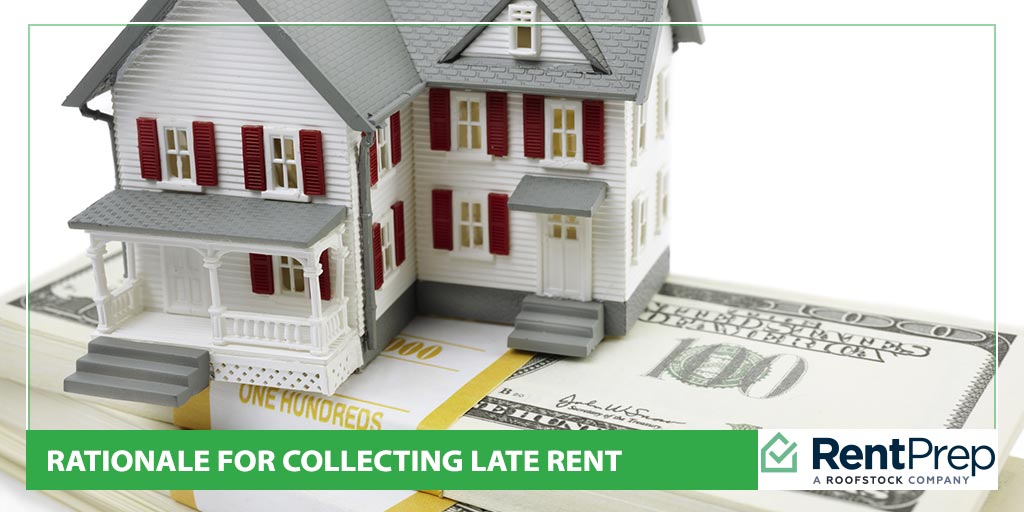
The rent-collecting process begins even before the resident moves in. When giving a new tenant final instructions about moving in, make sure they understand the contract that was made between them and the property. Their part of the contract is to pay their rent on or before the 1st of every month, and in exchange, their apartment will be well maintained.
Keep Tenants Current
The easiest thing to do is to keep rent current, and stay on top of tenants who are late in making their payments. The following guidelines will make your job of collecting rent, and knowing who is late, much easier:
- Rent is due on the 1st of every month
- It is late if not paid by the 2nd
- On the 4th, tenants who have still not paid their rent should be served with a three-day notice to Pay Rent or Quit
Give Notice Without Delay

Once a tenant is late in paying their rent, stay on top of things, and make personal contact with each delinquent tenant as follows:
- On the 4th day that rent has not been paid, serve the tenant with a three-day notice to Pay Rent or Quit, be sure to name everyone who is living the apartment that is 18 years of age or older.
- Fill out a Declaration of Service & Sign.
- Keep the original three-day notice to Pay Rent or Quit for the court, give the second copy to the tenant, and keep the third copy for your own records.
- On the 6th day, if the tenant has not yet paid their rent, send the original three-day notice to the home office, along with the Declaration of Service & Sign, the original rental agreement and application, and Change of Terms Notice. Before sending them, double check that the three-day notice and the Declaration of Service & Sign have been filled out completely and accurately.
Late Charges
Late charges are to be added if the rent is paid on the 3rd day of the month, or later. Usually, a charge of $50 is added to the already owed rent, make sure that it is collected and do not let the tenant pay just the normal rent.
It is much cheaper for a tenant to pay their rent along with the late fee, than to be evicted. If they are evicted, they forfeit their deposit, and on top of that they have to pay legal fees and moving expenses.
In addition to having to pay more, there is the hassle of finding another apartment. This is going to be much more difficult due to the fact that they now have an eviction on their record.

